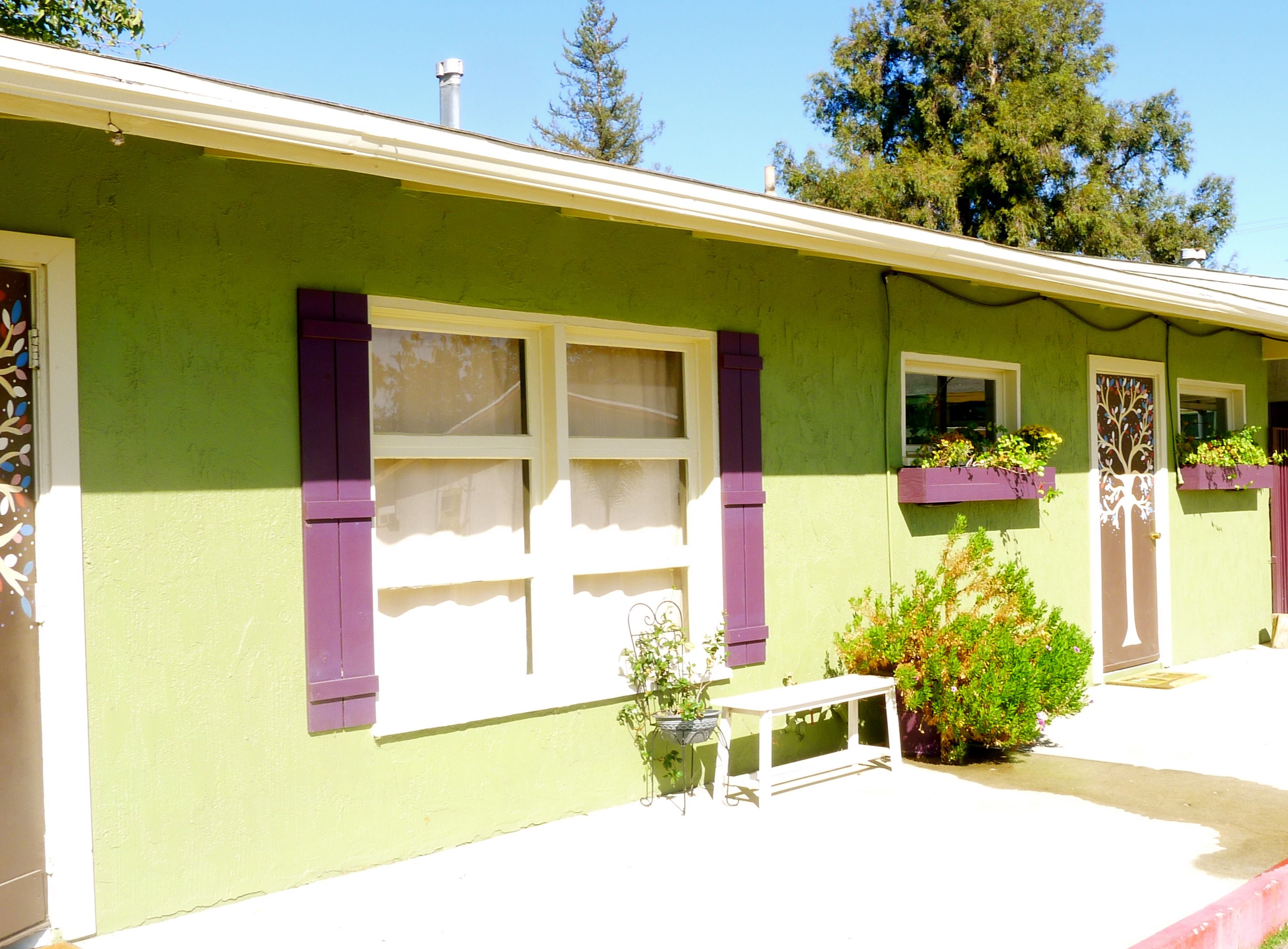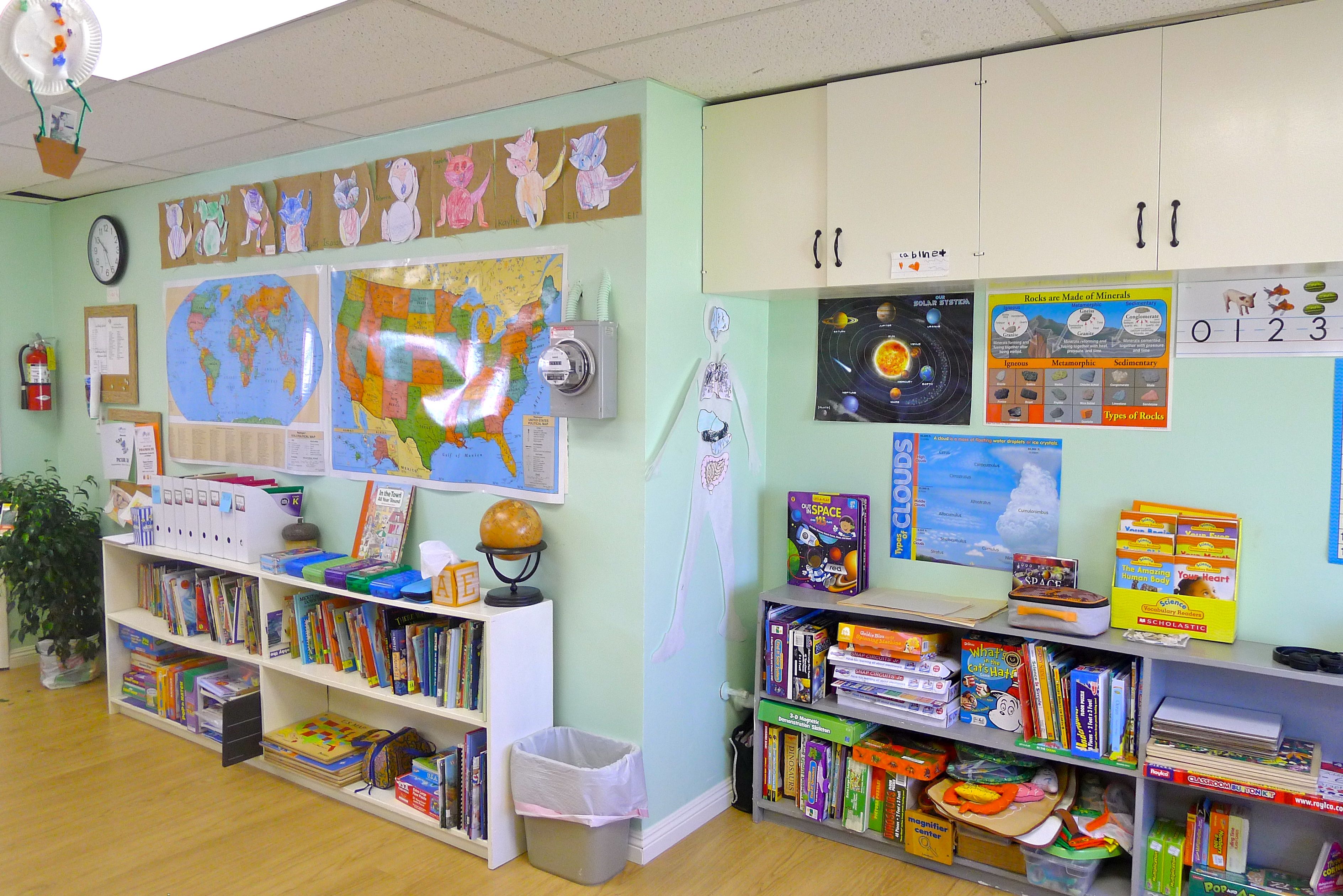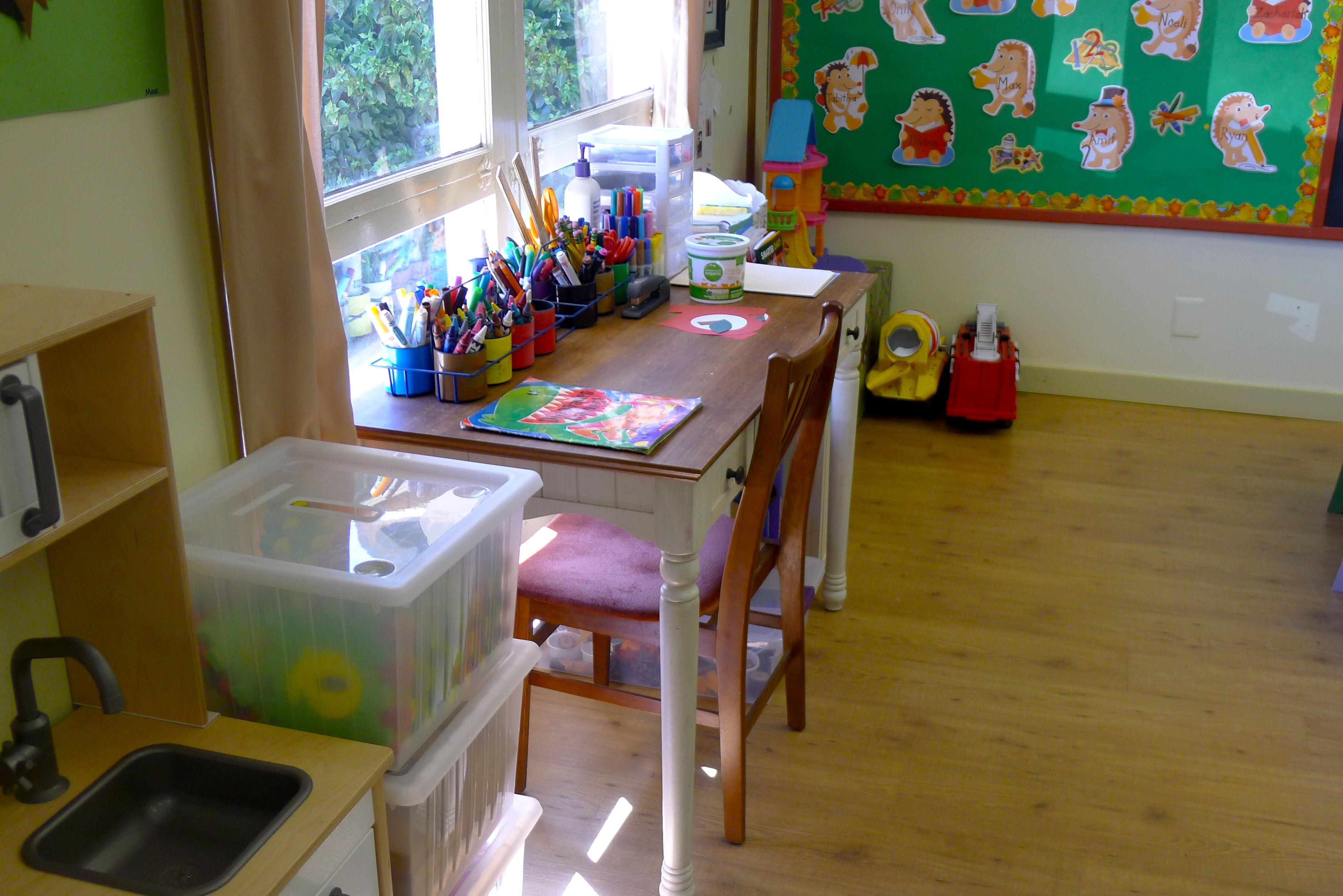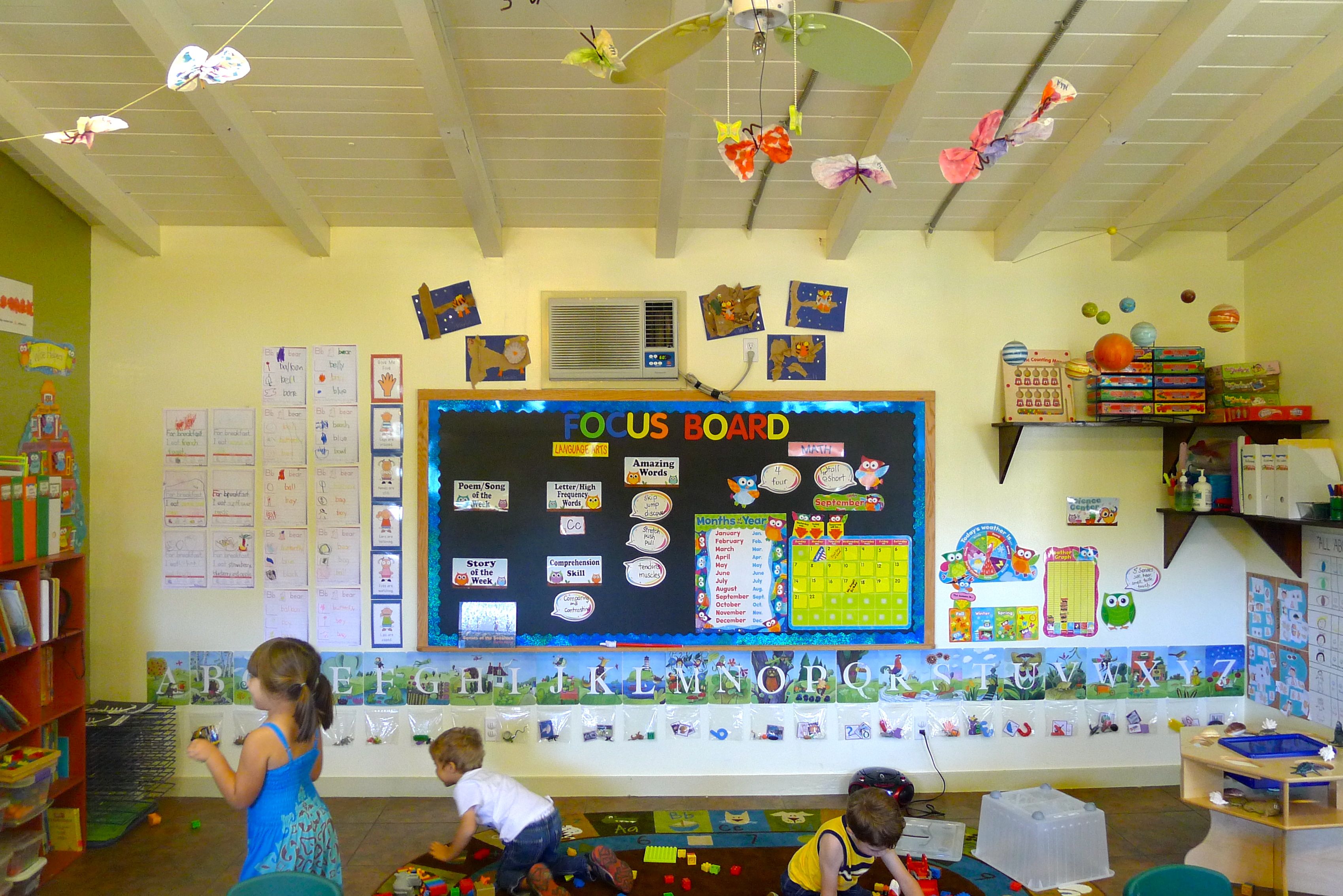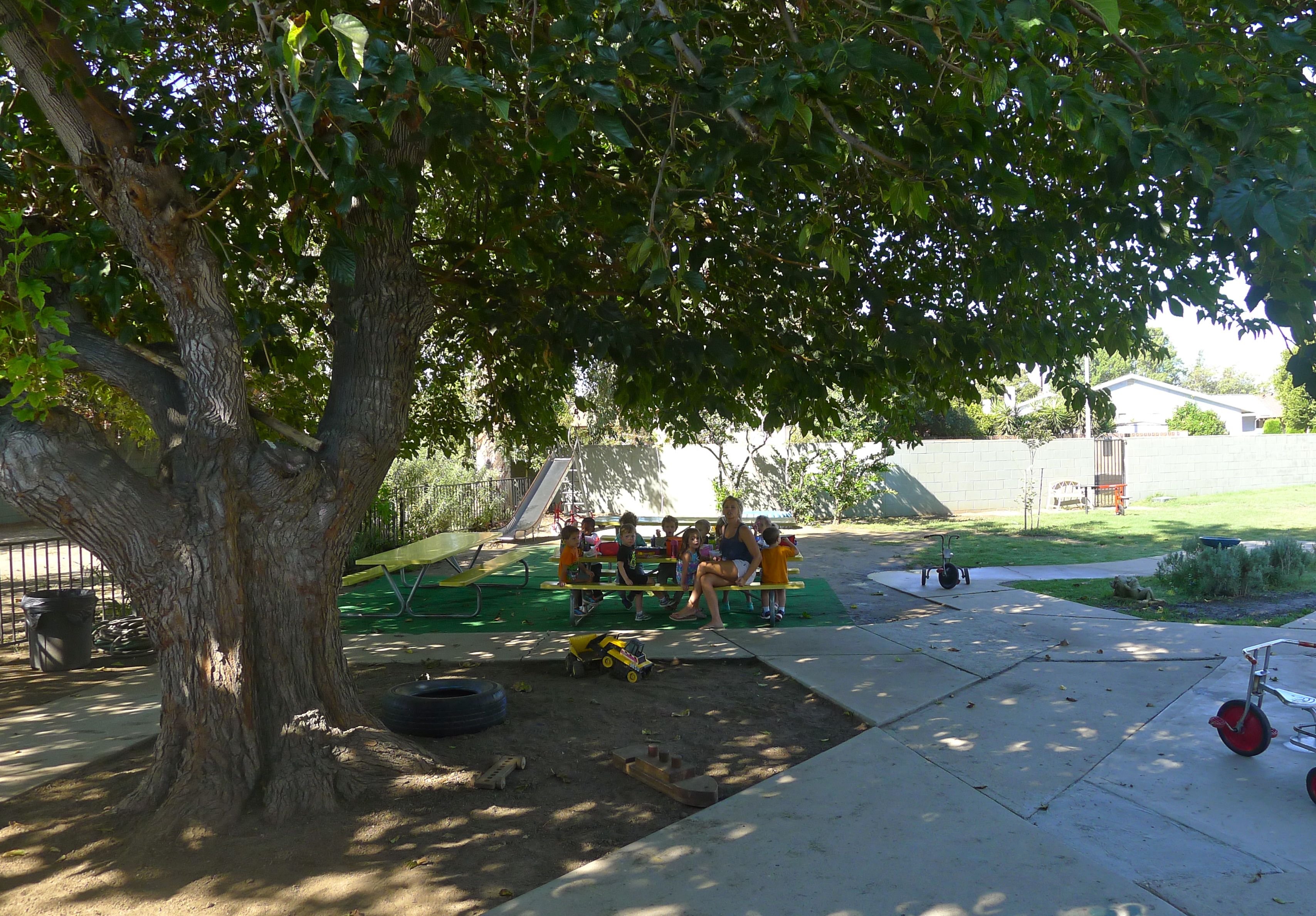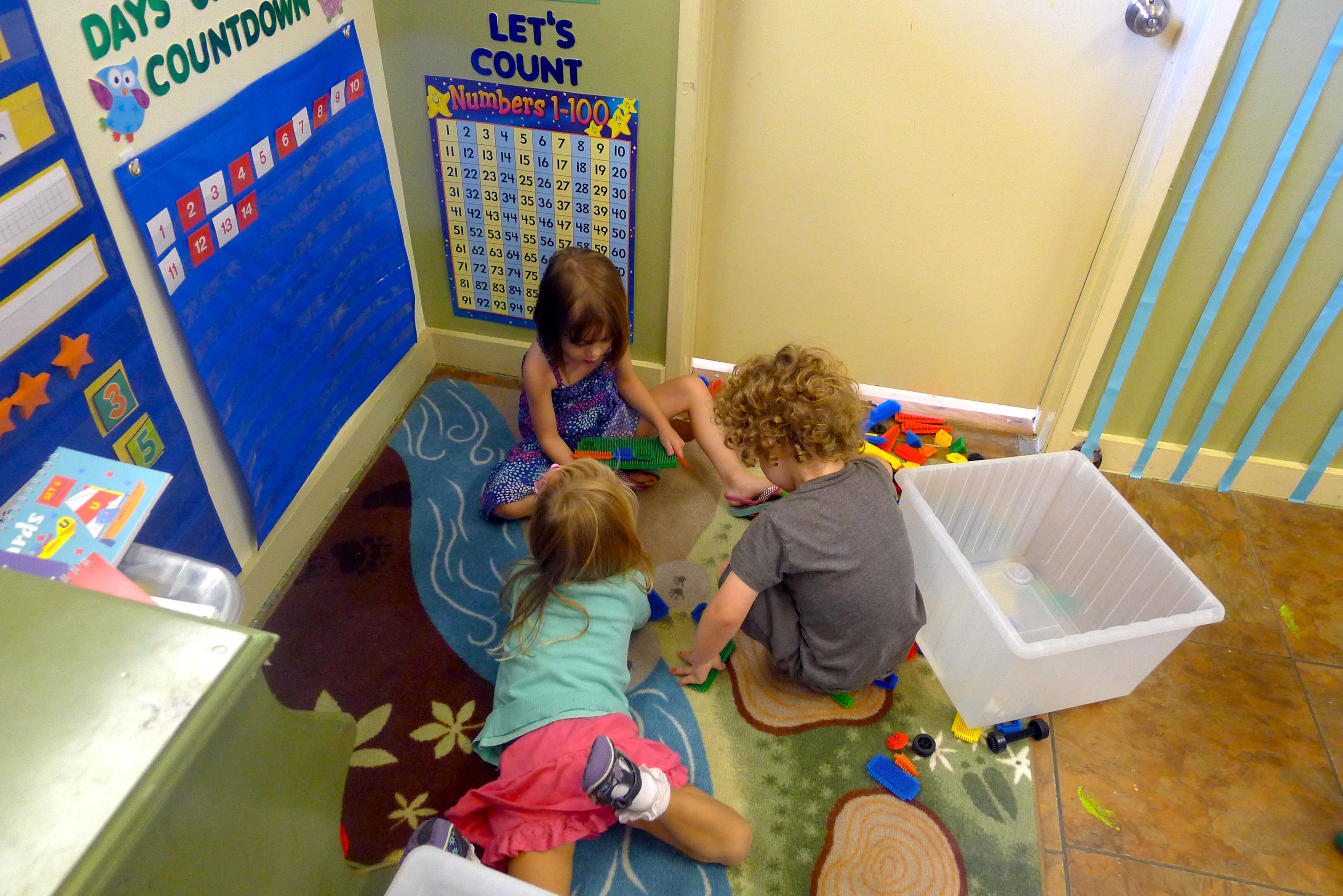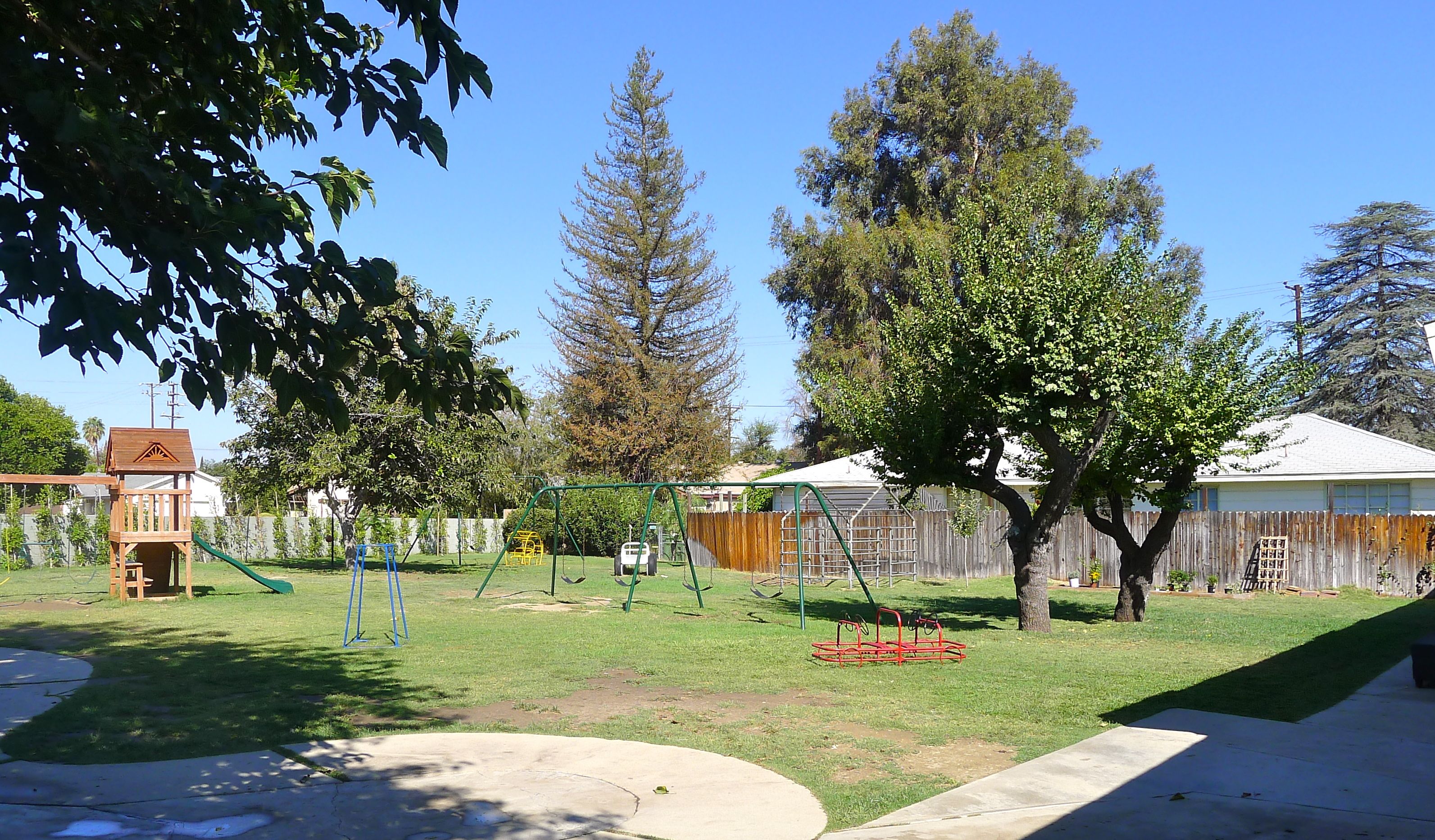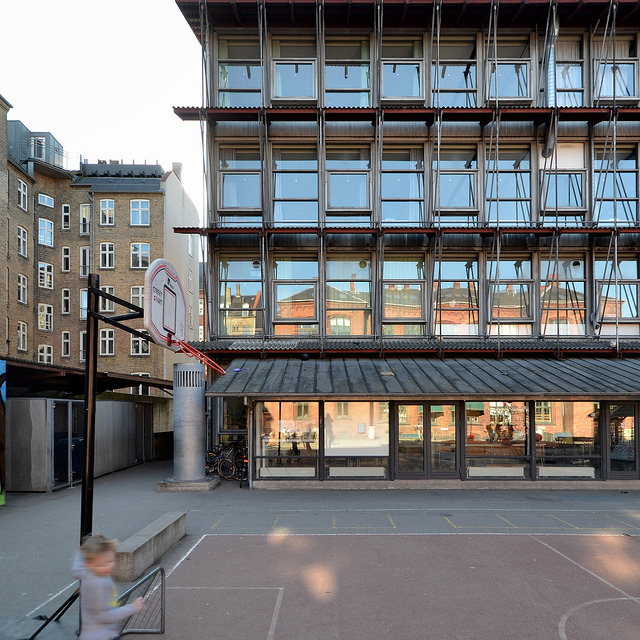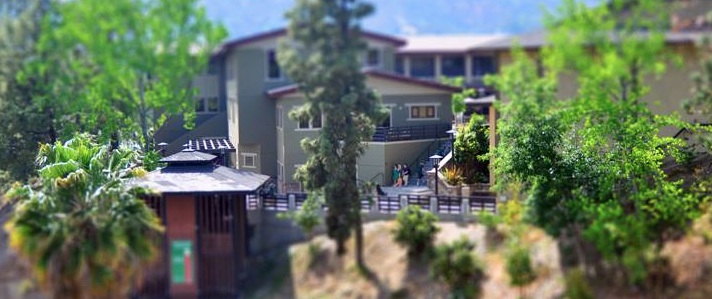
The Pasadena Area Independent School consortium will host their annual
Kindergarten/Elementary Options Night on Thursday, October 16 at 6:00
-7:30 pm at Chandler School. The Options night offers Pasadena and San
Gabriel Valley residents the opportunity to learn about area schools all
in one place.
The consortium of Pasadena Area Independent Schools includes; Barnhart,
Chandler, Clairbourn, Crestview, Foothill Country Day, Gooden, High Point
Academy, Mayfield Junior School, New Horizon, Polytechnic, St. Mark’s,
Sequoyah, Walden, Waverly, and Westridge. Parents will also be able to
visit with other area private and public schools. Over 30 area schools
will be participating.
The PAIS consortium was created to make the application process easier for
parents. While each school is an Independent school with itís own mission
and school leadership, the schools work in concert to provide common
forms, screenings and decision dates. The intent is to make the process
easier for parents applying their children to area private schools.
At the Kindergarten/Elementary Options night you will have the opportunity
to talk directly with admissions directors and representatives from the
PAIS schools and other area schools. The consortium puts together a
Kindergarten Application Matrix that is available at the options night.
The Matrix incorporates the participating schools profile and important
dates.
The public is welcome. No reservations are needed. Please note this event
is for Adults Only. For questions, please contact any of the above schools
and ask for the Admissions Office.
For more information, click on Chandler School, Pasadena
To see Beyond The Brochure’s profile of Chandler School, click HERE
Let’s be social! Like Beyond The Brochure on Facebook. We post a lot of stuff on Facebook that’s not on the blog! Are you more the email type? Get our posts in your in box by subscribing (enter your email in the “subscribe” box on the right sidebar of the blog. Or, buy the Second Edition of our book at Amazon.com or your local bookstores!
